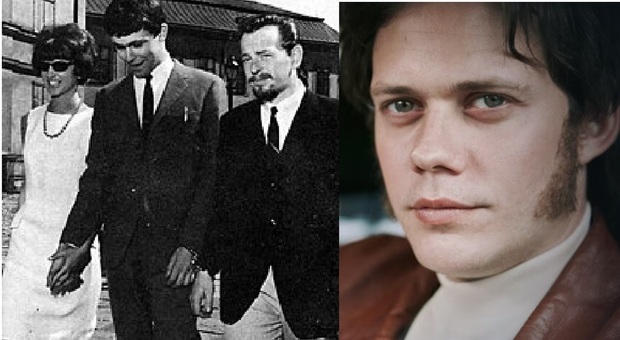The Man Behind the Term ‘Stockholm Syndrome’
Clark Olofsson, the infamous Swedish bank robber whose role in a dramatic 1973 hostage crisis helped inspire the psychological theory of Stockholm syndrome, has died at the age of 78, his family confirmed.
Olofsson passed away following a prolonged illness, according to a statement to Dagens ETC. Known globally for the six-day siege in Stockholm that led to hostages developing emotional bonds with their captors, Olofsson remains one of Europe’s most enigmatic and controversial criminals.
The Siege That Shocked the World
The notorious event took place in August 1973, when another criminal, Jan-Erik Olsson, attempted to rob a bank in Stockholm and took three women and one man hostage. His primary demand? That his friend, Olofsson, be released from prison and brought to the bank.
The authorities agreed, hoping Olofsson might help de-escalate the situation. What followed would baffle law enforcement and psychologists alike. Hostages, particularly Kristin Enmark, began defending their captors and grew fearful of the police. “I fully trust Clark and the robber… They haven’t done a thing to us,” she told then Prime Minister Olof Palme over the phone.
Birth of the Stockholm Syndrome Theory

During and after the standoff, Enmark and other hostages refused to testify against Olofsson or Olsson, fearing retaliation from law enforcement rather than the men who held them captive. Their behavior led Swedish criminologist Nils Bejerot to coin the term “Stockholm syndrome”—a proposed condition where hostages develop empathy or affection for their captors.
However, the legitimacy of the term has long been debated. Enmark herself criticized the theory in a BBC podcast, calling it “a way of blaming the victim” and stating, “I did what I could to survive.”
A Life of Crime and a Legacy of Fascination
Olofsson’s criminal career extended far beyond the Stockholm siege. He spent much of his life in and out of prison for various offenses, including robbery and drug trafficking. He was last released in 2018 after serving time in Belgium for drug-related crimes.
Despite his criminal history, Olofsson became a subject of cultural fascination. In 2022, Netflix released a biographical drama titled Clark, in which actor Bill Skarsgård portrayed his life. The show brought renewed attention to the man whose name remains synonymous with a globally recognized psychological phenomenon.

Legacy of Stockholm Syndrome
- Psychological debates: Experts remain divided on whether Stockholm syndrome qualifies as a clinical condition or a situational coping mechanism.
- Media legacy: The theory gained international attention after similar hostage cases, including the famous kidnapping of Patty Hearst.
- Public perception: Olofsson’s role has been romanticized and critiqued in equal measure, leaving a polarizing legacy.
Conclusion: End of an Era
With the death of Clark Olofsson, one of the key figures behind the Stockholm syndrome theory, an extraordinary chapter in criminal and psychological history closes. While debates about the syndrome’s validity continue, the events of 1973 remain a chilling reminder of how trauma can blur the lines between victim and perpetrator.
For more on how psychology shapes crisis behavior, read our in-depth article on the psychology behind hostage behavior.